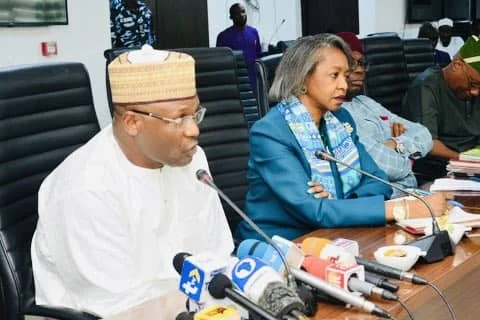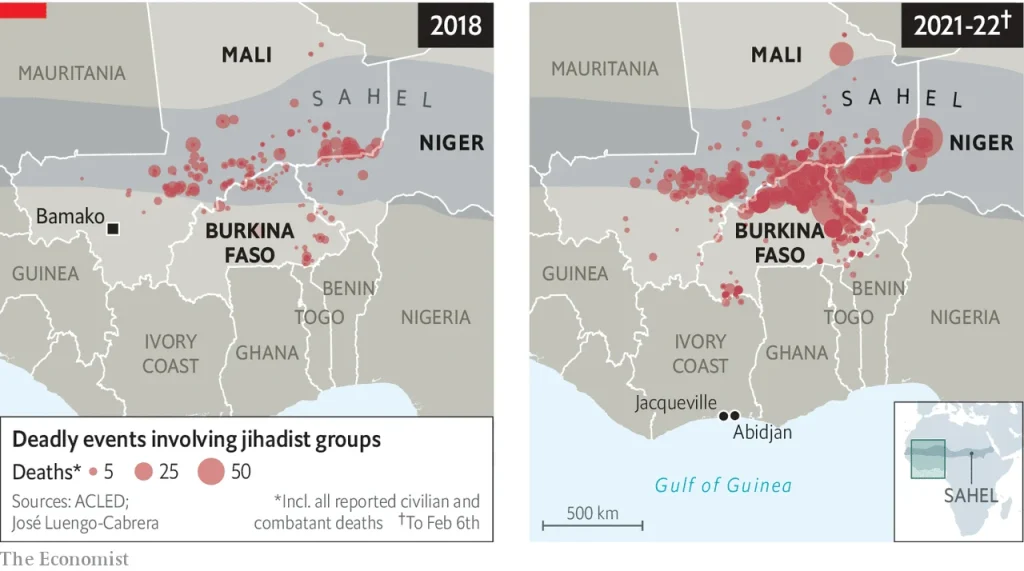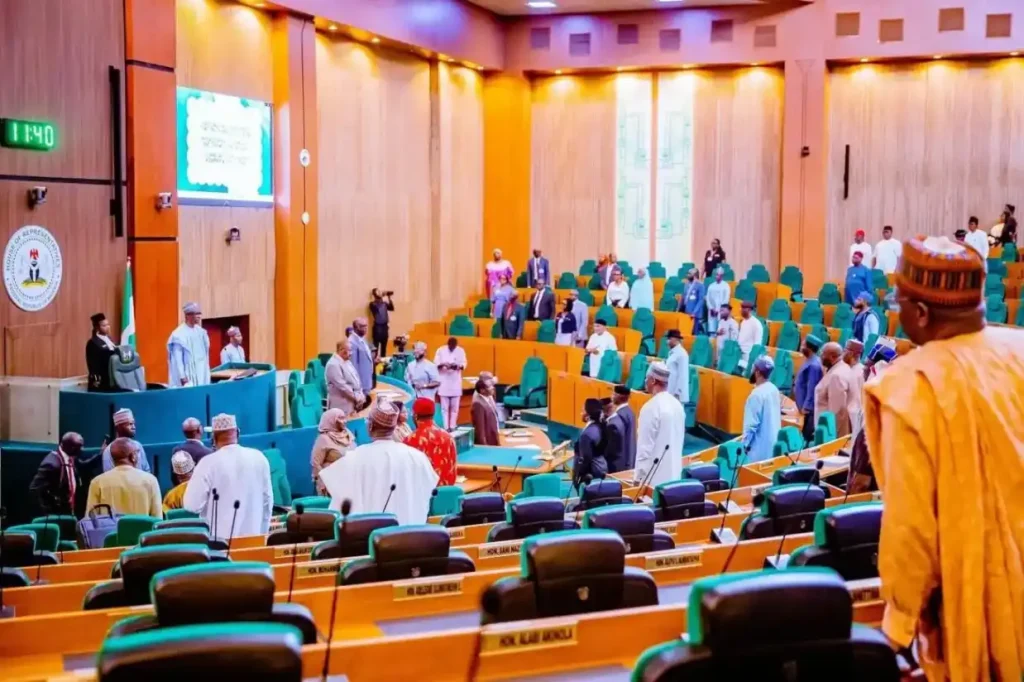The Independent National Electoral Commission (INEC) has responded to pressures from political parties, particularly the All Progressives Congress (APC), by extending the deadline for party primaries for the 2023 general elections from June 3 to June 9, 2022. This decision comes amid concerns that the APC would not be able to hold its presidential convention as originally scheduled. The extension is meant to give political parties additional time to finalize their primaries and prepare to upload the candidate lists on the INEC portal.
INEC stated that the six-day window, from June 4 to 9, would be specifically for parties to conclude any outstanding primaries, without affecting already completed ones. The commission has committed to not monitor these concluded primaries but emphasized that any nominations must be submitted electronically. Political parties had previously requested a much longer extension of 37 to 60 days, which INEC denied, citing potential disruptions to the electoral timetable.
This adjustment reflects ongoing tensions between INEC and political parties regarding election preparations. The chairman of the IPAC (Inter Party Advisory Council), Yabagi Sani, expressed gratitude for the extension and emphasized its importance for ensuring a smooth electoral process .
In related news, a Federal High Court ruled that former President Goodluck Jonathan is eligible to run for the presidency in 2023, despite debates over constitutional provisions that could prevent his candidacy after losing the 2015 election .
The adjustment to the timeline for party primaries reflects ongoing challenges within Nigeria’s electoral process, highlighting the complex relationship between INEC and political parties. The decision to extend the deadline by six days aims to facilitate a smoother nomination process, especially for the ruling APC, which faced scrutiny regarding its organizational readiness for the upcoming elections.
Political leaders and parties have voiced concerns over the tight schedule initially set by INEC. The request for a more significant extension, initially ranging from 37 to 60 days, was driven by various factors, including upcoming holidays, the need for thorough candidate vetting, and logistical challenges associated with the number of aspirants. These concerns were echoed by the chairman of the IPAC, Yabagi Sani, who emphasized the necessity of collaboration between the commission and political parties to ensure free and fair elections.
Meanwhile, the Federal High Court’s ruling on Goodluck Jonathan’s eligibility has stirred further political discourse. His potential candidacy adds another layer of complexity to the electoral landscape, as opinions remain divided over his eligibility and the implications of his return to politics. Legal experts have weighed in, suggesting that constitutional provisions barring former presidents from seeking re-election do not apply retroactively, thus allowing Jonathan to run if he chooses.
This period leading up to the elections is crucial for all parties involved, as they navigate the requirements set by INEC while managing internal dynamics and external pressures. Observers have noted that the quality of the electoral process hinges significantly on how effectively parties conduct their primaries and adhere to the revised timelines.
As the electoral landscape evolves, the emphasis on free and fair elections remains paramount, with civil society organizations and political analysts keeping a close watch on the unfolding developments. For further insights and ongoing updates regarding Nigeria’s electoral process and political dynamics, consider following reputable news sources and electoral watchdog organizations.





















